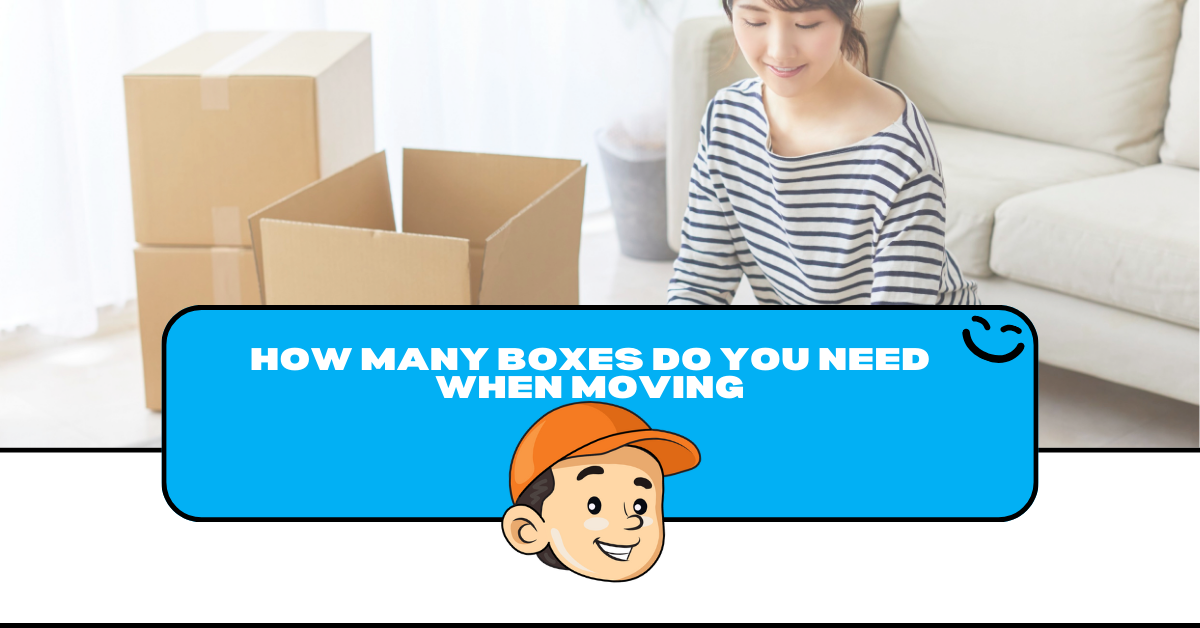Welcome to the Sunshine State: Your Guide to Becoming a Florida Resident
Welcome to your journey toward making Florida your new home! At Happy Helpers Moving Co, we understand that moving involves more than just packing boxes. It's about stepping into a new lifestyle, and with Florida's unique offerings, this step can be incredibly rewarding. The following section will delve into why becoming a Florida resident can be a life-enhancing decision, covering the benefits and considerations of living in the Sunshine State.
Why Consider Becoming a Florida Resident?
Benefits of Living in Florida
Florida is famous for many appealing factors that draw people to its sandy shores year after year:
- Weather and Climate: With an average of 237 days of sunshine annually, Florida offers an enviable climate with mild winters and warm, breezy summers, making it a top destination for those seeking sun-filled days.
- No State Income Tax: One of Florida's most attractive fiscal features is its lack of a state income tax, which can mean significant savings and more disposable income for residents.
- Access to Renowned Beaches and Recreation: Florida is bordered by the Atlantic Ocean and the Gulf of Mexico, providing countless opportunities for beachgoers, water sports enthusiasts, and nature lovers.
- Diverse Cultural Landscape: From the vibrant arts scene in Miami to the historical sites in St. Augustine, Florida is a melting pot of cultures, offering residents endless activities and experiences.
Considerations and Challenges
However, there are a few considerations to keep in mind when planning your move:
- Hurricane Preparedness: Florida is susceptible to hurricanes, especially from June to November. Understanding hurricane preparedness and having a plan can mitigate risks.
- Cost of Living and Housing Market: While no state income tax is appealing, potential movers should be aware of the property market dynamics and cost of living in areas like Miami, which can be higher than the national average.
- Population Density and Urbanization: Some areas of Florida are densely populated, leading to traffic congestion and higher noise levels, particularly in urban centers. Balancing urban amenities with quieter living spaces is something to consider when choosing your new home.
Legal and Procedural Steps in Establishing Florida Residency
Once you've decided to take the exciting step of becoming a Florida resident, it's crucial to navigate the legal procedures thoughtfully to ensure a smooth transition. This section will guide you through establishing your domicile in Florida, adjusting your driver's license and vehicle registration, as well as addressing insurance needs.
Establishing Domicile in Florida
Establishing a domicile means you're setting Florida as your legal home, where you return after any travels or time away. Here's how to officially make Florida your permanent residence:
- Declare Florida Residency by Filing a Declaration of Domicile: This form, available at your local clerk of court's office, publicly declares your intention to make Florida your home and can be instrumental in securing residency for tax purposes.
- Change of Address Notification Process: Update your address with the United States Postal Service to ensure all your important documents follow you to your new home. You should also inform all relevant entities such as banks, credit card companies, and subscription services.
Checklist for Establishing Domicile:
- File Declaration of Domicile with local court
- Create new accounts or update addresses for utilities in Florida
- Obtain a library card in your new community
- Register children in local schools if applicable
Driver’s License and Vehicle Registration Requirements
Setting yourself up for driving legally in Florida involves some straightforward steps:
- Converting Out-of-State Driver’s Licenses: New residents have 30 days to obtain a Florida driver’s license once you establish formal residency. You will need to visit a local Department of Highway Safety and Motor Vehicles (DHSMV) office with proof of identity, your Social Security number, and proof of Florida insurance.
- Registering Vehicles in Florida: Similarly, vehicle registration must be completed within 30 days of establishing residency. Required documents typically include proof of ownership, a valid driver's license, car insurance, and payment for registration fees.
- Insurance Considerations: Florida requires that all vehicle owners carry Personal Injury Protection (PIP) and Property Damage Liability (PDL) insurance coverage. It is crucial to review and update your insurance policy to align with Florida's regulations.
Updating Official Documentation
When shifting your life to a new state, updating your documentation is an important step toward fully integrating into the community. Here's a breakdown of the need-to-know processes for voter registration and updating financial, insurance, and tax information.
Voter Registration Process
Registering to Vote in Florida Elections
Becoming a registered voter in Florida is straightforward and can often be done online:
- Eligibility: You must be a U.S. citizen, a Florida resident, and at least 18 years old by Election Day.
- Registration Process: You can register online via the Florida Department of State website or complete a paper application, which can be found at many local government offices.
- Voting Laws and Regulations: Familiarize yourself with key deadlines, such as the registration deadline, which is 29 days before elections, and the rules for absentee and early voting.
Updating Banking, Insurance, and Tax Information
- Notifying Banks and Financial Institutions: Update your address and residency status with banks to ensure seamless financial transactions. This may also affect your banking product offerings and any regional benefits.
- Reviewing and Adjusting Insurance Policies: Contact your providers to update addresses and explore plans suited for Florida, particularly homeowners insurance due to considerations about hurricane impacts.
- Understanding Florida’s Tax Obligations: Although there's no state income tax, residents are still required to file federal taxes. Familiarize yourself with local property tax structures and eligibility for the Homestead Exemption to reduce taxable home value.
Life in Florida: Settling Down and Thriving
Integrating into the Community
- Joining Local Clubs and Organizations: Engage with community groups such as sports leagues, book clubs, or hobby organizations to meet locals and build your network.
- Engaging with Neighborhood Events and Culture: Attend community events, farmers markets, and festivals to experience local culture and support small businesses.
Exploring Florida’s Attractions and Activities
- Must-See Locations and Events: Visit iconic destinations such as the Florida Keys, Walt Disney World, and the Miami Art District.
- Outdoor Activities and Sporting Adventures: Enjoy activities from kayaking in crystal-clear springs to rooting for professional sports teams like the Miami Heat.
Common Missteps and How to Avoid Them
Avoiding Legal and Bureaucratic Mistakes
- Document Submissions: Ensure all necessary documents for residency and vehicle registration are correctly submitted to avoid legal complications.
- Property Purchase and Rental Agreements: Understanding the legalities of Florida real estate can prevent costly errors. Consult with professionals before signing contracts.
Social and Cultural Adjustments
- Embracing Diverse Culture: Florida is culturally diverse, with influences from Latin America and the Caribbean. Approaching interactions with openness can enrich your experience.
- Understanding Regional Accents and Dialects: Familiarize yourself with the various regional expressions and linguistic nuances to better communicate and connect with locals.
Embark on Your Florida Adventure
Choosing to become a Florida resident is not just about stepping into a different state—it's about embarking on a promising adventure filled with sunshine, opportunities, and a unique cultural landscape. As you prepare to make this change, rely on Happy Helpers Moving Co to handle the logistics, so you can focus on beginning your new journey with ease and excitement. Welcome to Florida, your new home awaits!





